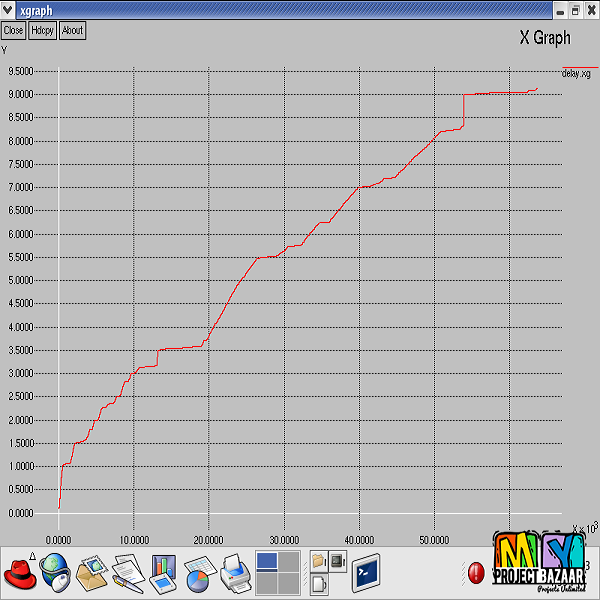
GreenCoMP: Energy-Aware Cooperation for Green Cellular Networks
Product Description
GreenCoMP: Energy-Aware Cooperation
for Green Cellular Networks
Abstract— Switching off base stations (BSs) is an effective and efficient energy-saving solution for green cellular networks. The previous works focus mainly on when to switch off BSs without sacrificing the traffic demands of current active users, and then enlarge the coverage of the stay-on cells to cover as many users as possible. Based on this objective, both constant power and transmission power of each BS become the major energy consumption sources. However, the transmission powers of enlarged cells, which have not been taken into account in previous research, are not negligible as compared to other energy consumption sources. To tackle this problem, we observe that the transmission power of one specific BS could be reduced via cooperation among two or more BSs, which
is typically used to improve the throughput or enhance the spectrum efficiency in wireless systems. The challenges come mainly from how to jointly consider which BSs to switch off and how to cooperate among active-mode BSs. In this paper, we design energy-aware cooperation strategies that ensure that our system is energy-saving while satisfying user demands. To cope with sleep-mode BSs and perform cooperation among active BSs, we formulate this problem as a binary integer programming problem, and prove it is NP-hard. Based on our formulation, we derive a performance lower bound for this problem via Lagrangian Relaxation with search enumeration. Furthermore, we propose two heuristic algorithms accounting for the properties of energy savings and the constraints of bandwidth resources. The simulation results show that our algorithms outperform pure power control mechanisms that do not consider the transmission power and pure cooperation without power control in terms of the total consumed energy. We also observe that larger
cooperative size does not imply a better strategy under different scenarios. Compared to the total consumed energy given that all BSs are turned on, our algorithms can save up to 60 percent of energy. This demonstrates that our methods are indeed efficient energy-saving cooperation strategies for green cellular networks.< final year projects >
Including Packages
Our Specialization
Support Service
Statistical Report

satisfied customers
3,589
Freelance projects
983
sales on Site
11,021
developers
175+Additional Information
| Domains | |
|---|---|
| Programming Language |

















